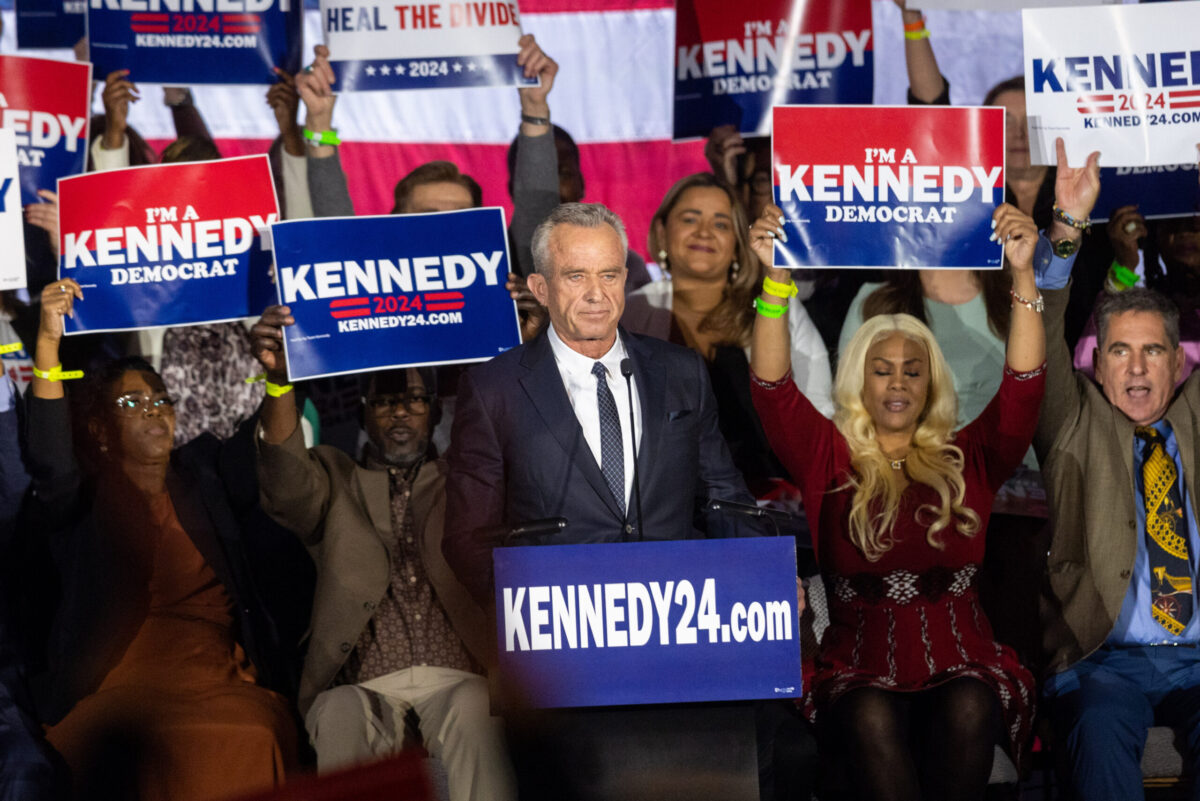Analysis-Asset concerns weigh on U.S. regional bank deal talks
By David French
NEW YORK (Reuters) – Some U.S. regional banks are attempting to raise capital and ease concerns surrounding their health, but potential buyers and investors remain worried about impending losses in their assets, according to five sources familiar with the talks.
First Republic Bank and PacWest Bancorp are among the banks that have been speaking to peers and investment firms about potential deals in the wake of U.S. regulators taking over Silicon Valley Bank and Signature Bank this month amid a flight of depositors, sources have said.
Since March 8, the start of the crisis, First Republic’s shares have dropped by 80%, while PacWest shares have fallen by 65%.
First Republic declined to comment, while PacWest did not immediately respond to a request for comment.
The five sources primarily work at major banks and private equity firms and have scrutinized such deals. They reported to Reuters that they have opted not to participate at the moment because of concerns about losses in the banks’ investment portfolios and loan books.
Due to the steep increase in interest rates, the investment portfolios where the regional banks have parked the deposits of their clients, mainly Treasuries and other securities like mortgage bonds, are worth less than what the banks estimate them to be worth. Additionally, some of the loan books of these banks are also underwater because of high rates and worries about an economic slowdown.
The sources stated that they were hesitant to engage in these deals without government protection against losses or a more favorable outlook on interest rates.
Reuters was unable to determine whether suitors had asked banking regulators to backstop the portfolio losses or whether they would do so.
Although the Federal Deposit Insurance Corporation (FDIC), which insures deposits and handles receiverships, has mentioned keeping some of the assets that are underwater at the failed lenders, this type of backstop is generally reserved for banks taken over by the FDIC. The FDIC spokesperson did not comment.
MASSIVE LOSSES
Last Friday, Moody’s Investors Service Inc estimated that unrealized losses on First Republic’s investment portfolio accounted for 37.7% of the cash and stock set aside to absorb losses, and warned that it would also be difficult for First Republic to sell some of its residential mortgage loans without incurring a loss.
Moody’s said, “Such a crystallization of losses, if it were to occur, would materially weigh on the bank’s profitability and capital.”
An executive who conducted an evaluation of First Republic for a potential deal estimates that marking-to-market the bank’s mortgage book in an acquisition would result in significant losses for the purchaser. The executive stated that the government would have to help facilitate the deal, which it could do by providing a certain level of leeway to the acquirer’s leverage ratios, which determine the bank’s debt levels or backstop it in other ways. However, the executive had no knowledge of any such discussions.
A significant obstacle in reaching a deal with regional banks is the uncertainty about the interest rate outlook, according to a lawyer who works on bank transactions. The Federal Reserve will decide on Wednesday whether it will continue to increase rates to battle inflation. Those examining potential deals and attempting to assess the future value of regional banks are hoping for clarity on how aggressively the central bank will move to increase rates further.
WORKING THROUGH IT
The length of time some regional banks can navigate this crisis without a deal is unclear. Although the new liquidity backstops developed by the U.S. Treasury and regulators last Sunday are sustaining the regional banks, their profitability has been erased by the crisis, making it difficult to continue as usual, according to banking analysts.
Bank of America analysts wrote in a research note on Friday that the $30 billion in deposits that First Republic’s peers moved to the troubled bank as a show of solidarity helped stabilize its funding base, but the loss of some of its customers did little for its earnings.
“Beyond the accounting mark, the ultimate value that a potential buyer will be willing to pay will also be influenced by their assessment of the potential impairment to the First Republic client franchise,” the analysts wrote.
(Reporting by David French in New York; Additional reporting by Anirban Sen and Lananh Nguyen in New York and Pete Schroeder in Washington, D.C.; Editing by Greg Roumeliotis and Jacqueline Wong)
This week has been filled with major headlines in the U.S. and around the world. One America’s Rachel Acenas brings us the top stories in our week in review.
New financial documents revealed Thursday show deeper ties between the Biden family and Chinese Communist Party.
The author of ‘Rich dad poor dad,’ who famously predicted the 2008 crisis, warns of ‘serious trouble’ for the U.S. bond market.
The Biden administration releases footage of the moments leading up to Russia’s downing of a U.S. drone.
By Anna Tong SAN FRANCISCO (Reuters) – After temporarily closing his leathermaking business during the pandemic, Travis Butterworth found himself lonely and…
SHANGHAI (Reuters) -Baidu and Pony.ai said on Friday they have won permits to provide fully driverless ride-hailing services in the Chinese capital…
By Stephen Nellis and Krystal Hu (Reuters) -Huawei Technologies Co Ltd has replaced more than 13,000 parts in its products that were…
By Victor Pinheiro SAO PAULO (Reuters) – The Brazilian government is studying whether to regulate Internet platforms with content that earns revenue…
“From Analysis-Asset concerns weigh on U.S. regional bank deal talks”
“The views and opinions expressed here are solely those of the author of the article and not necessarily shared or endorsed by Conservative News Daily”
" Conservative News Daily does not always share or support the views and opinions expressed here; they are just those of the writer."





